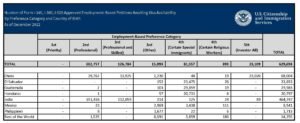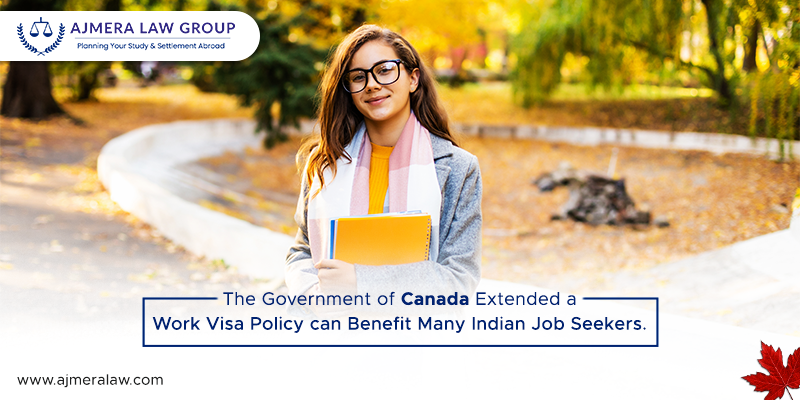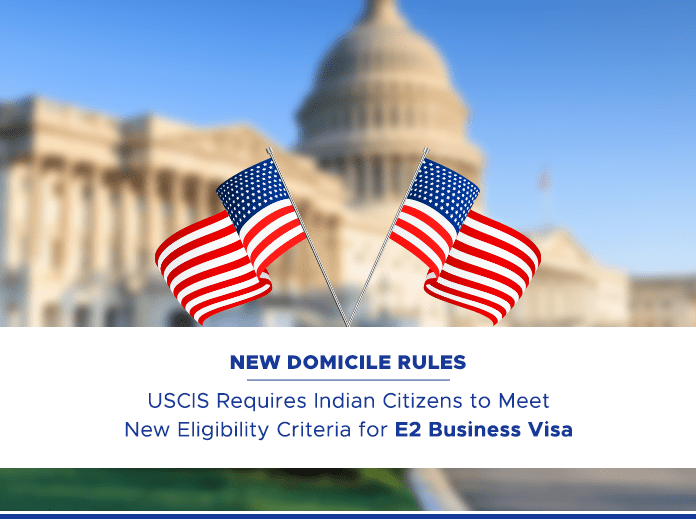After the Canadian government closed its federal investor program in 2010, many Chinese agents and their counterparts in Canada looked for an alternative program for the Chinese market. The EB-5 program gained popularity in China from 2010 onwards, and by 2014, the first 10,000 EB-5 visa quota was mostly used up by Chinese investors.
However, changes in the US government policy and delays in the EB-5 process for Chinese investors forced EB-5 regional centers and marketing agents to look for alternative markets. Due to the size of the Indian population and their interest in the USA, India became an obvious choice for these regional centers and marketing agents.
Since 2014, the USA EB-5 visa has gained popularity among wealthy Indian families, as their children pursue higher education and the American dream. However, their dreams were shattered when they realized that regular student visas to the USA green card had a processing time of 20 years or more.
In this unregulated residency and citizenship by the investment market in India, many immigration lawyers, regional centers, and marketing agents for small and medium-sized American companies visit India regularly. They organize events in five-star hotels and continue social media marketing to attract investors from India.
In November 2022, the Indian EB-5 visa went into retrogression, meaning that petitions were approved, but the EB-5 visa quota was not available. As we know, there are 10,000 worldwide quotas per year for the EB-5 visa, and 7% (700 visas) will be available for each country, including India. This retrogression made headlines on social media, stating that the Indian EB-5 visa will have a several-year-long wait.
According to the recently published data by the USCIS for December 2022, only 89 files for Indians under the EB5 class have been decided and are awaiting visa allocation, which will happen in October 2023. In comparison, China has 23,020 decided files, and their long wait time is evident.

To see this data on the government site – click here
So the reality is EB-5 petitions by Indian citizens from India or from within the USA are nowhere near China market for a variety of reasons such as the source of funds, currency restriction, and lack of Indian professionals who can give Indian investors confidence for global investment, etc.
Each Indian investor should take time to consult an immigration lawyer, and other professionals, refer USCIS website, and then make informed decisions to make an investment for an EB-5 investor visa.






